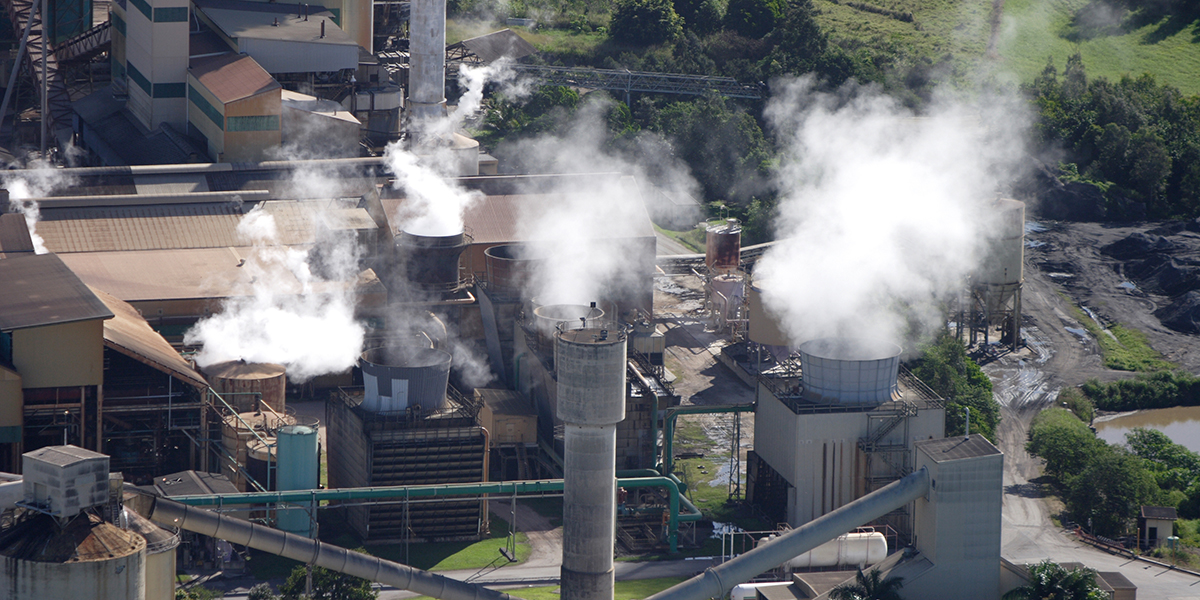National Greenhouse & Energy Reporting (NGER)

Are you in a high intensity energy or emissions sector?
NGER is one of our core compliance services. Talk to us about your reporting requirements.
The National Greenhouse and Energy Reporting (NGER) scheme is Australia’s legislative reporting mechanism for the greenhouse gas emissions and energy consumption and production by corporations. Objectives of the NGER Act include: informing government policy formulation and the Australian public; meeting Australia’s international reporting obligations; assisting Commonwealth, State and Territory government programs and activities; and avoiding the duplication of similar reporting requirements in the States and Territories.
Find out what you need to know about NGER
- How we help our clients with NGER
- Help with Section 19 NGER reporting
- Sections 73 and 74 NGER audits for the Clean Energy Regulator
- Partial Exemption Certificates (PEC)
- Basis of Preparation (BOP)
- NGER reporting thresholds
- Why engage us?
- Key dates under the NGER Act
- Other compliance and voluntary programs
How we help our clients with NGER
NGER methodology:
We provide a methodology for first time reporters or those requiring external assistance to refine procedures and documentation. For example, reporting may involve several divisions of an organisation and an appropriately designed governance framework.
NGER reporting overview assessment:
We assess your NGER reporting process against the NGER (Audit) Determination 2009. We give you better practice recommendations for a more efficient and repeatable process. This assessment is typically for first time reporters and those requiring a detailed process review.
NGER reporting assessment:
We provide a comprehensive NGER report based on data from your organisation. Some of our clients also include Scope 3 emissions in their assessment. Legislation and compliance may represent only a part of a greater sustainability plan. See an example: Mater Hospitals and Health Services.
NGER reporting process assistance:
We help you prepare your report, or assist in the design and implementation of robust NGER internal control and reporting processes.
We can also provide assistance with data entry of your emissions and energy data into the federal government’s online portal, the Emissions and Energy Reporting System (EERS).
Help with Section 19 NGER Reporting
These services above help with your Section 19 emissions and energy report.
According to the CER, corporations exceeding group or facility thresholds are obligated to report scopes 1 and 2 emissions, energy production and consumption data under Section 19 of the NGER Act.
Basis of Preparation (BOP)
We help document how your organisation has interpreted and applied the requirements of NGER. This includes the methodologies, assumptions and estimations used.
From our experience conducting reasonable assurance audits, both independently and for the Clean Energy Regulator, clients who do not have a well documented BOP are generally exposed to greater inherent risks of incorrect reporting under the NGER Act.
NGER reporting thresholds
- Single facilities emitting more than 25 kilotonnes of carbon dioxide equivalent (ktCO2-e), or using or producing more than 100 terajoules (TJ) of energy annually.
- Corporations collectively emitting more than 50 ktCO2-e or using or producing more than 200TJ of energy annually.
Why engage us?
Depth of experience
We have worked with a wide range of clients obligated to report under the NGER Act, including mining, transport, hospitals, energy, education and local government.
Key dates under the NGER Act
- Registration applications due: 31 August (for reporting on the previous financial year)
- Reports due: 31 October
- Publication by the Clean Energy Regulator: 28 February
*Strict penalties apply for failing to register or report and for reporting incorrectly under the NGER Act.
Other compliance and voluntary programs
Talk to us about:
- Mandatory climate-related financial disclosures
- Environmental Management Systems (EMS) ISO 14001:2004
- Energy Management Systems (EnMS) ISO 50001:2011
- Greenhouse Gas Assessments (Carbon Footprint) ISO 14064-1:2006, GHG Protocol
- Climate Active certified carbon neutral program
- Global Reporting Initiative (GRI)
- Back to top
Other ways we can help

Carbon Footprint
Measure then act. Our GHG Assessments calculate your emissions in detail. We’ll provide a comprehensive report and help you reach your targets, or meet liabilities.

Safeguard Mechanism
Is your Safeguard facility complying with the 2023 reforms? Our auditors ensure your emissions baselines and carbon abatement calculations are accurate and in compliance.

Mandatory Climate Reporting (MCR)
Talk to us about an MCR consultation or workshop. We take you through the processes, what to expect, and the questions you need to ask from your board, executives, and climate leaders.
